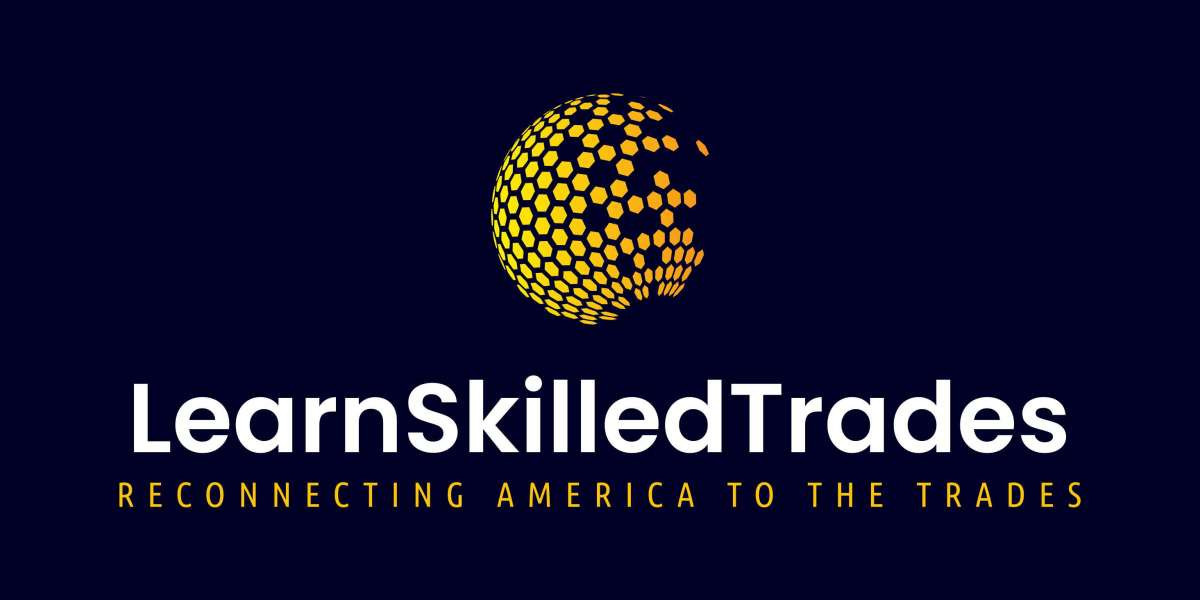If you’re asking how to start a skilled trades career in 2025, you’re in the right place. As we get closer to the end of the year, it’s easy to feel pressure to make a real move. I’ll be honest—if I’d stuck with this blog all year, I’d be further ahead. Nevertheless, don’t let that hold you back. Whether it’s becoming an electrician, learning to weld, or beginning classes for nursing, 2025 is still the perfect time to begin. This guide shows you, step by step, how to land your first trade job.
Why 2025 Is the Best Time to Start a Skilled Trades Career
The numbers don’t lie—the U.S. Bureau of Labor Statistics (https://www.bls.gov/) projects millions of openings across the trades over the next decade. Retirements, new infrastructure projects, and steady demand are creating real opportunities.
As a Dean of Trades at a local technical college, I’ve seen a single year change someone’s life. For example, I’ve watched students go from barely scraping by in part-time retail to finishing an HVAC degree and starting at $26 an hour—before overtime.
Moreover, many trades pay $60,000–$100,000+ annually, with total training often under $20,000. That’s a strong return on investment. You also don’t have to worry about AI replacing your work or your job being outsourced. And if you land an apprenticeship, you can get paid while you learn.
Step 1: Understand What Skilled Trades Are
I entered the trades through a non-traditional path—the Army—where I learned diesel mechanics. That training didn’t just give me a job; it built the backbone of the career I have today.
Skilled trades blend hands-on work and technical know-how. These are the people who keep homes warm, vehicles running, buildings standing, and infrastructure moving: electricians, plumbers, welders, HVAC techs, automotive technicians, carpenters, diesel mechanics, heavy equipment operators, and healthcare roles like LPN.
Not sure which path fits you? Take my free Skilled Trades Career Assessment: https://learnskilledtrades.com/skilled-trades-career-assessment/
Step 2: Choose the Right Trade for Your Skilled Trades Career
The “right” trade depends on your interests, strengths, and the life you want. After the Army, I had diesel skills; meanwhile, friends came out with carpentry, electrical, or even medical training.
Consider the following:
Interests: Mechanical problem-solving, building, outdoor work, or patient care.
Local demand: Some trades boom regionally; for instance, HVAC is hot in Washington State.
Earnings: Roles like linemen or elevator mechanics can exceed $100K with experience.
Lifestyle: Hours, travel, and physical demands vary widely.
Read here more about How to Start Your Career in Skilled Trades in 2025: Step-by-Step Guide for Beginners








